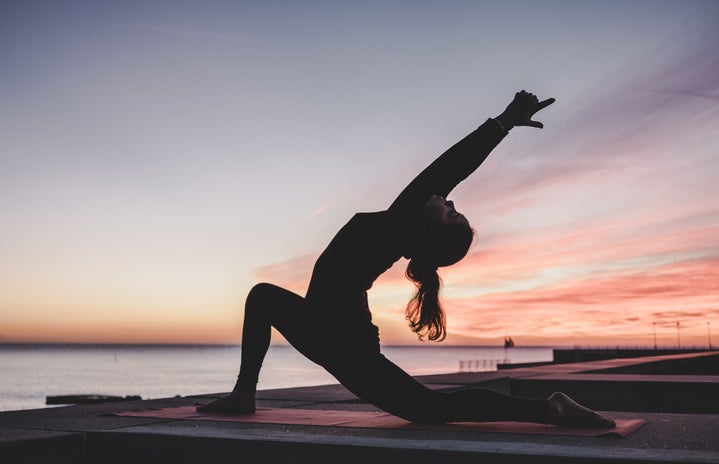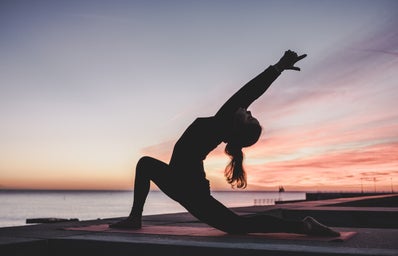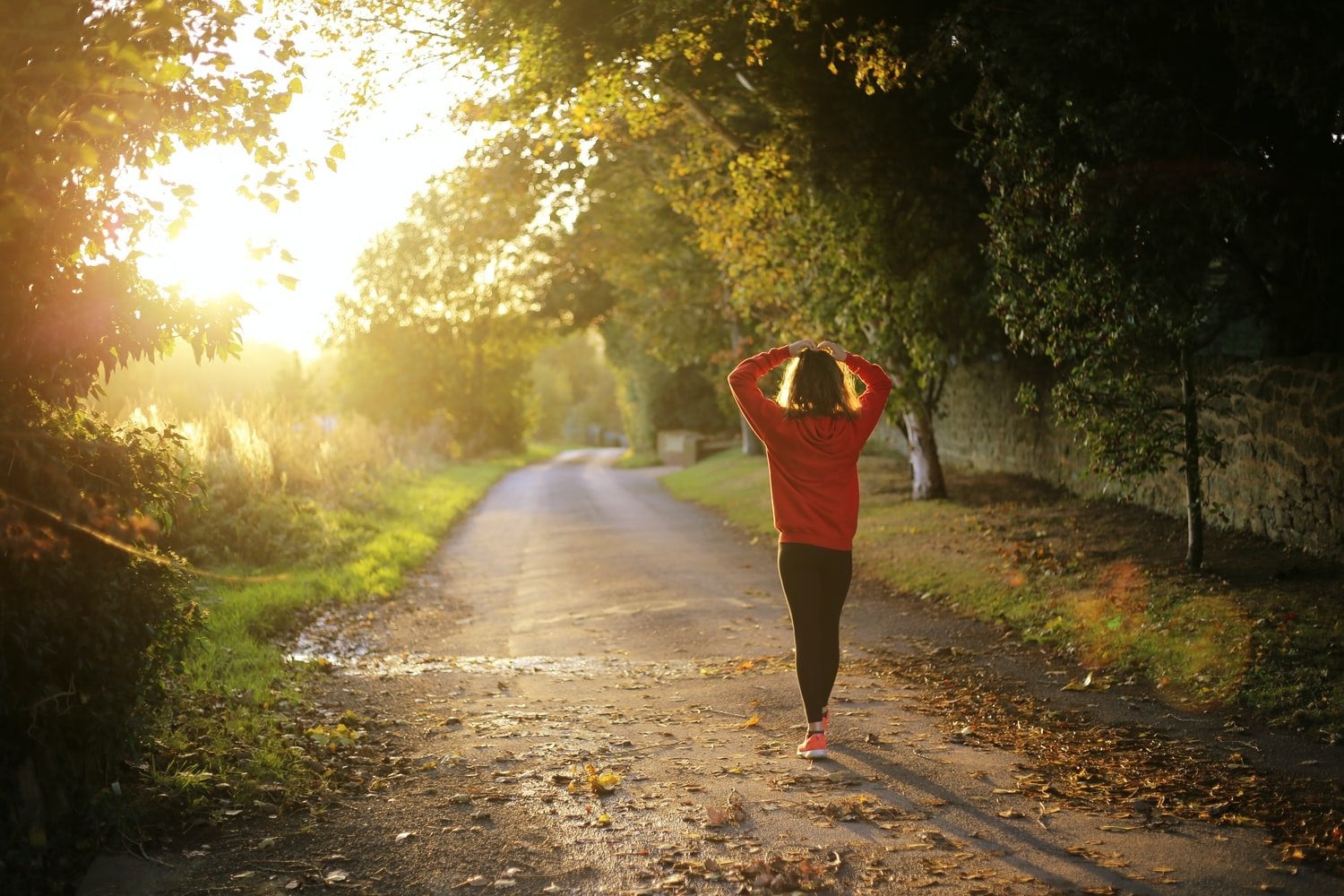We are living in the most information-rich time period ever. We have the world at our fingertips, including every person, place, thing or idea we could possibly imagine. It is no wonder that, collectively, our mental health is suffering. It is one thing to let the internet and social media be a resource in your life, from creativity to socializing to learning, but it can quickly turn into something else. One second you’re laughing at a video your friend sent you, and three hours later you’re in the same spot, wondering where the time went. We’ve all done it and we all know that it can leave us feeling like we’re missing something. It’s easy to feel like you should be smarter, funnier, happier or more successful than what you are right now, when you have thousands of examples of other people’s lives to compare your own to.
Comparison, though, is not the only reason our mental health is suffering. The internet, in all its glory and fascination, has rendered us stagnant. Those three hours spent on our phone or our laptop are three extra hours of us sitting still, on top of the other seven or eight we might spend sitting at work or in school. This might not seem like a big deal, but it is. Our bodies are made to move and with the rapid change in culture, and all the new technological advancements we’ve made, we have forgotten the value of movement.
According to an article published in the National Library of Medicine, aerobic exercise has been proven to reduce anxiety and depression because of the increase in blood circulation to the brain as well as its effects on our bodies’ physiologic reactivity to stress. If this is the case, it is essential that we take movement into account when considering our mental health. It is also important to remember that aerobic exercise is any activity that uses the muscles in a rhythmic and repetitive way, with an increase in heart rate and in breathing. This means that there isn’t any one type of exercise that you should feel pressured to do, like intense marathon running or expensive workout classes. It can be anything from jogging to swimming to gardening. On the days where nothing feels good, and everything seems hard, give yourself and your body the chance to regulate with something as simple as a walk around the block. Similarly, on the days where life is so sweet you just can’t contain it, crank up the speaker and dance like nobody’s watching. The point is that you are finding what kinds of movement you enjoy, not what other people tell you you should enjoy. When you can, try finding that movement outside, too. Let your body soak up those rays of sunshine!
Another article found in the National Library of Medicine concluded that physical exercise positively affects mood and overall quality of life. They found that a protein called myokine is released in response to muscle contraction. Some of these proteins cross the blood-brain barrier, a strong indicator of the connection between mind and body. With this in mind, we see that our bodies are much more interconnected than we might think they are. A lack in one area is going to contribute to disparities in other areas. If we frame it in this way, it might make a little more sense as to why movement impacts our mental health so much.
All of this being said, the goal is not to guilt trip yourself when you’re feeling down, just because you didn’t go for a walk or go to the gym. Instead, we can think of movement as a preventative tool, as well as a medicine of sorts for when our mental health is not in the best place. For instance, if there’s a time where you feel like you have a lot of energy, take the opportunity to use that energy and move your body. Think of this as setting yourself up for success later. You are getting ahead of the bad days before they can get to you. By all means, there will still be bad days, but by creating a habit of movement, you can regain some sense of understanding and control over how you feel. Once this habit is established, you might feel more inclined to find movement when the bad days come, and find that by moving and creating energy in your body, you are left feeling more energized afterwards. An object in motion stays in motion, as Mr. Newton says.
While it can feel intimidating and daunting to think about trying to fit another thing into your busy calendars and schedules, we have to remember how important it is for our bodies, and in turn, our minds. When you’re just beginning your journey trying to find what movement excites or energizes you, the key is to start small. Maybe you’ll start off with 30 minutes a week, or something you know without a doubt you can squeeze in. Each week when you hit that 30 minute goal, let yourself feel accomplished and proud of what you’ve done: taken time for yourself. As the weeks go by, and you notice that it feels pretty good to move around, you might feel inclined to add in another 30 minutes somewhere else in your week.
In a world that is constantly rushing and asking questions, it is so important to make this kind of intentional time to focus on yourself and your body. Let it be the time that you check in with yourself, so that you can go out into the world and thrive!



